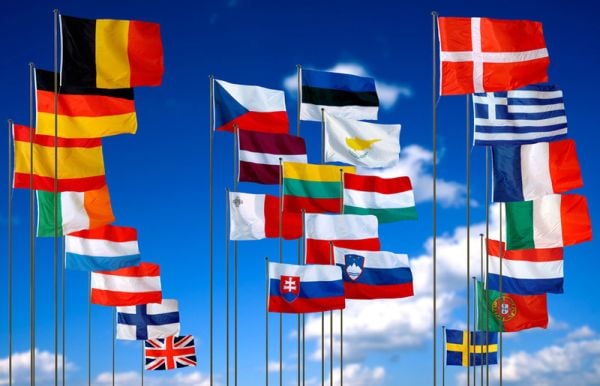On Friday, the European Union will mark the 5th anniversary of the “Big Bang” enlargement, when 15 mainly Western European Members were joined by 10 Central & Eastern European members in the EU.
5 years on many historical issues remain that have tended to divide these countries. Slovenia is currently blocking the entry of Croatia to the EU, due to a dispute dating from the end of Yugoslavia after the Cold War. Possible future member of the EU, Serbia, refuses still to recognise the independence of Kosovo, a policy that may derail its membership prospects. On the other hand, Sebia’s former partner, Montenegro, is moving ahead and is likely to begin negotiations on membership soon. Estonia’s difficulties in living with its significant Russian minority polulation mean that many of them may not get to vote in forthcoming European Elections. Meanwhile, the EU’s dissiculties with Russia have intensified, not eased, with the admission of countries that were formerly under the control of Europe’s domineering Eastern neighbour. Some in the CEE are more favouribly disposed toward Russia than others, however Russia’s actions this winter in shutting off gas supplies to Central & Eastern Europe won them no friends. There is a fascinating story in this week’s Foreign Policy magazine, about the attempted prosecution of a Lithuanian Jewish partisan from WWII which shows how personal and tragic these difficulties are and how historic the divisions are.
In his Nobel Peace Prize Acceptance speech, John Hume, the architect of the Northern Ireland peace process described the European Union as “the best example in the history of the world of conflict resolution“. It would be paternalistic to say that the EU will eventually solve these problems, many are deeply person and involve many complex and intractable issues. However, the role that the EU plays in bringing States together and encouraging partnership will undoubtedly help Central & Eastern Europe exorcise its many and painful ghosts.

“The 15 welcome the 10”, five years ago the EU enlarged to 25 Member-States.